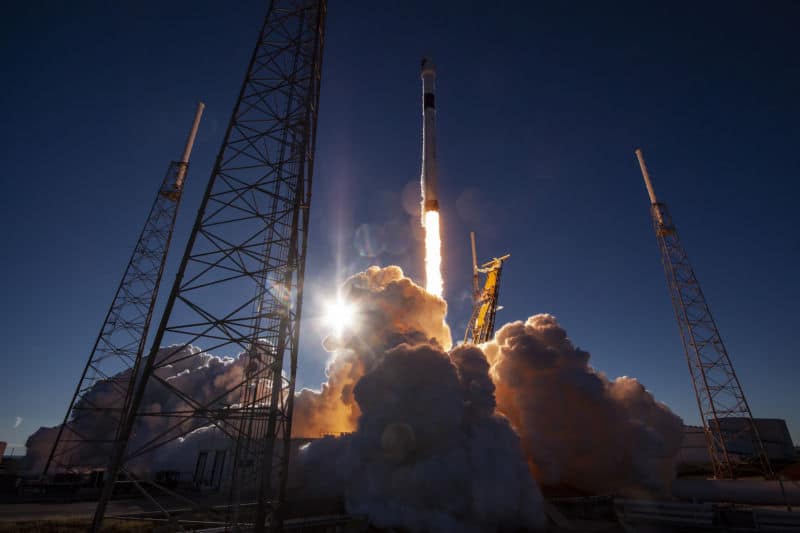
On Monday, SpaceX announced a new, low-cost program to launch small satellites into a Sun-synchronous orbit. The company is offering rideshare opportunities for satellites weighing up to 150kg at the price of $2.25 million. The rideshare-only missions, flying aboard the company’s workhorse Falcon 9 rocket, will launch at regularly scheduled intervals.
“SpaceX is committed to serving the commercial market as it grows and changes,” a spokesperson for the company said. “And we believe we can address the needs of small satellite operators by offering reliable, cost-effective access to orbit through regularly scheduled, dedicated rideshare missions.”
The company has previously flown rideshare missions using its Falcon 9 rocket, but those flights were organized and integrated by a third-party provider, Spaceflight Industries. Now SpaceX will do all of that work directly for customers.
A heated competition
The announcement brings SpaceX squarely into the already-heated competition for the burgeoning small-satellite launch market. Although the number of large-satellite launch contracts has stagnated, customer demand for much smaller payloads to a variety of orbits has grown. As a result, a number of companies have been founded in the United States and elsewhere to develop small rockets for smallsat launch services. SpaceX’s entry into this market with the much larger Falcon 9 rocket (at a price of about $15,000 per kilogram) represents a threat to those companies both from a standpoint of securing launch contracts but also by attracting venture-capital funding.
However, Greg Autry, a professor who directs the Southern California Commercial Spaceflight Initiative, said he expects that payload integrators such as Spaceflight will be most hurt by this move. Other companies offering launches in the neighborhood of 150kg (including Rocket Lab, Virgin Orbit, and Vector) will retain the advantage of offering dedicated service on their much smaller rockets for a particular orbit.
“You can already get a rideshare launch for way less than half of what Virgin Orbit or Relativity or Vector want to charge,” Autry said. “Their value proposition is based on quick access to particular orbits when you need them. However, if Sun-synchronous orbit is where you need to go, this regular service eliminates some of the time and problem of being the little dog as far as delays are concerned.”
A shot at China
Of the dozens of new smallsat launch companies that have been started during the last decade or so, only Rocket Lab has actually reached space and begun commercial service. Earlier this year, in an interview with Ars, the company’s chief executive said he did not see enough small-satellite launch demand for multiple vehicles. “There are really only enough for one or two small-launch vehicles,” Peter Beck said. “I just don’t see hundreds of launches available for many, many companies. I’d expect some pretty decent consolidation over the next year to 18 months.”
Other launch providers (such as Europe’s Arianespace, India’s space program, and various semi-commercial ventures in China) have also developed programs for dedicated and rideshare launches for small satellites.
Clearly, Autry said, the entry of SpaceX with a rocket that has flown reliably dozens of times will further squeeze oxygen from the market. “I don’t think that’s good for the industry, but I understand why they are doing that themselves,” he said. “It does put pressure on an already crowded field. On the other hand, it answers the Chinese question and makes their pseudo-commercial players look less attractive for this market.”